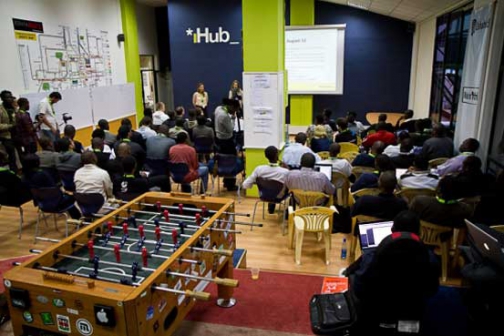×
The Standard e-Paper
Informed Minds Prefer The Standard

It’s not in doubt that African start-ups are losing out on the lucrative investment opportunities to their European counterparts enjoy. This has been an issue of heated debate in the technology sector for some time now.
Studies into the multi-billion-shilling venture capital ecosystem, as well as anecdotal reports from industry insiders, have revealed an investor bias against enterprises founded and run by indigenous African men and women working primarily in the continent.